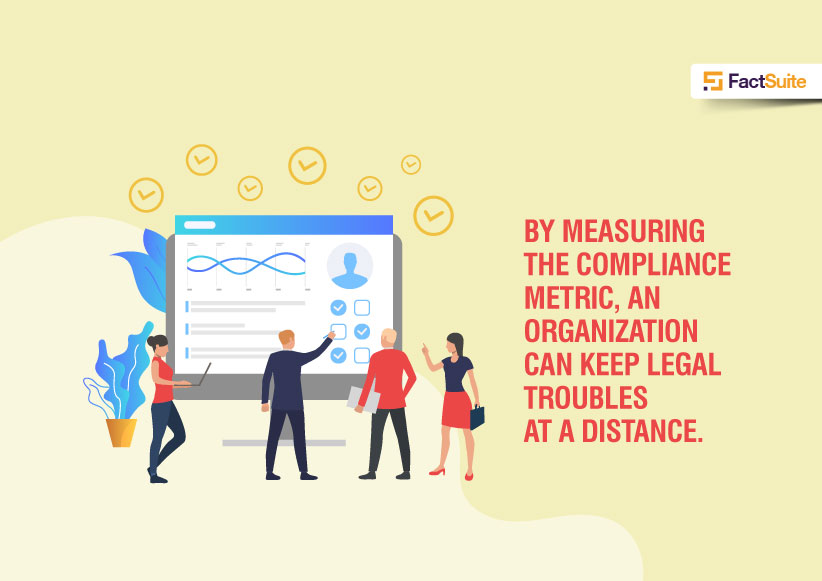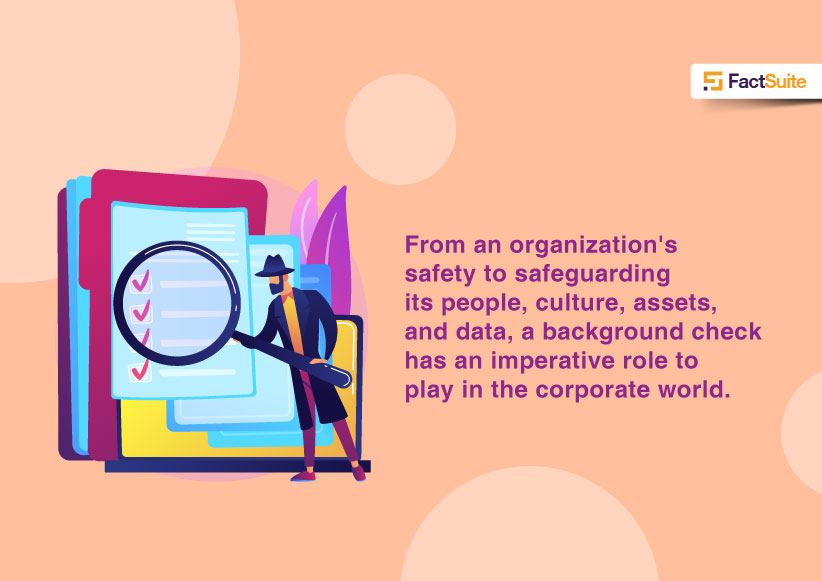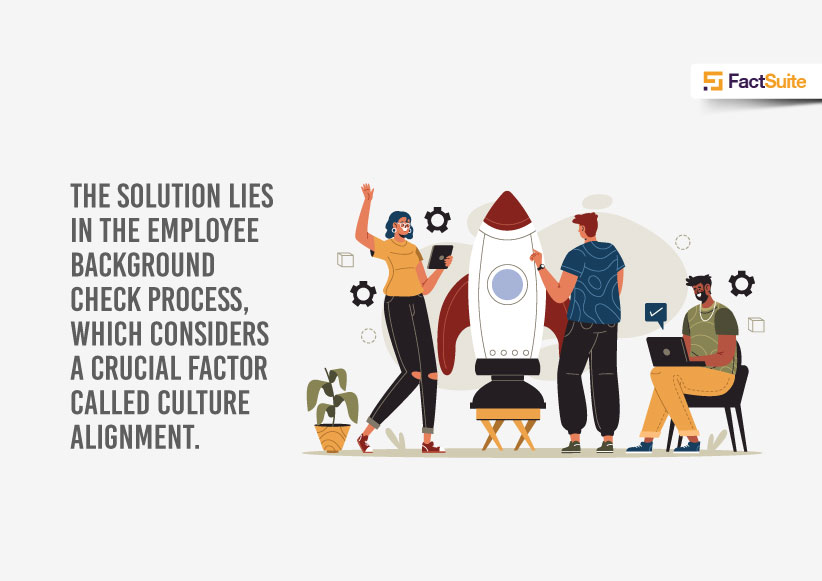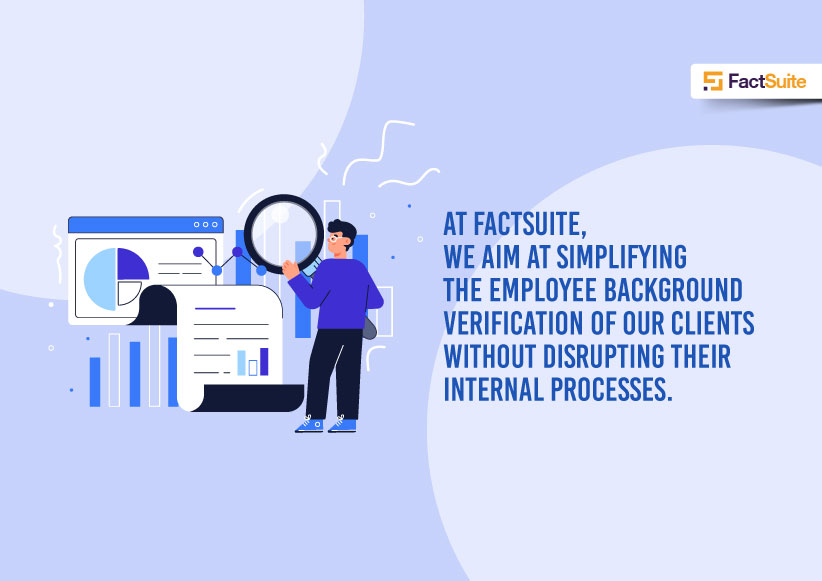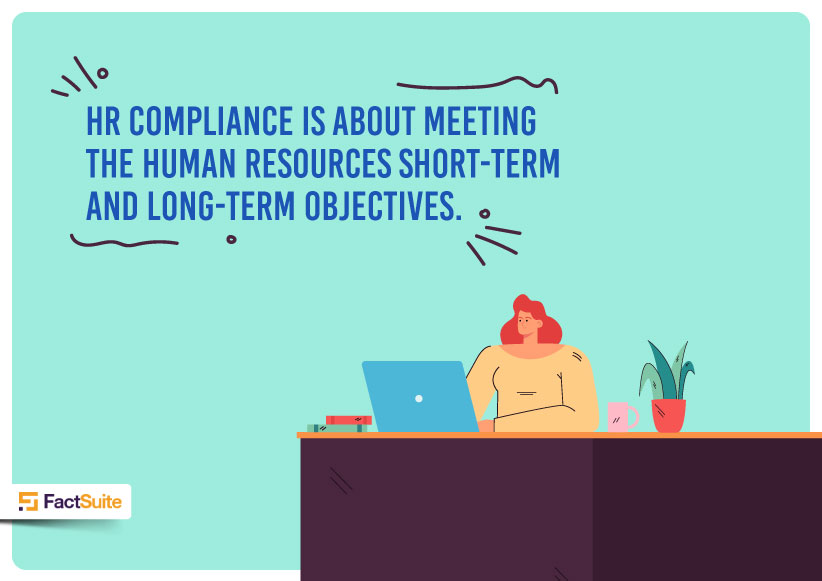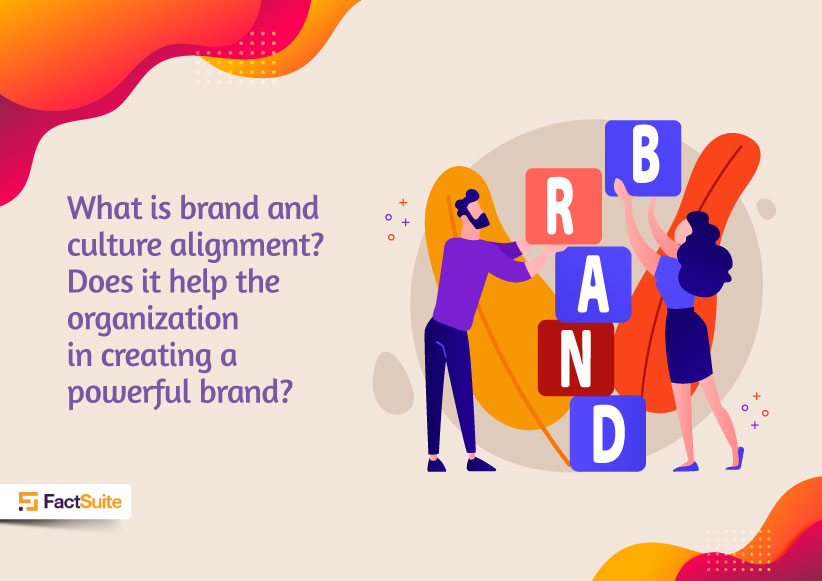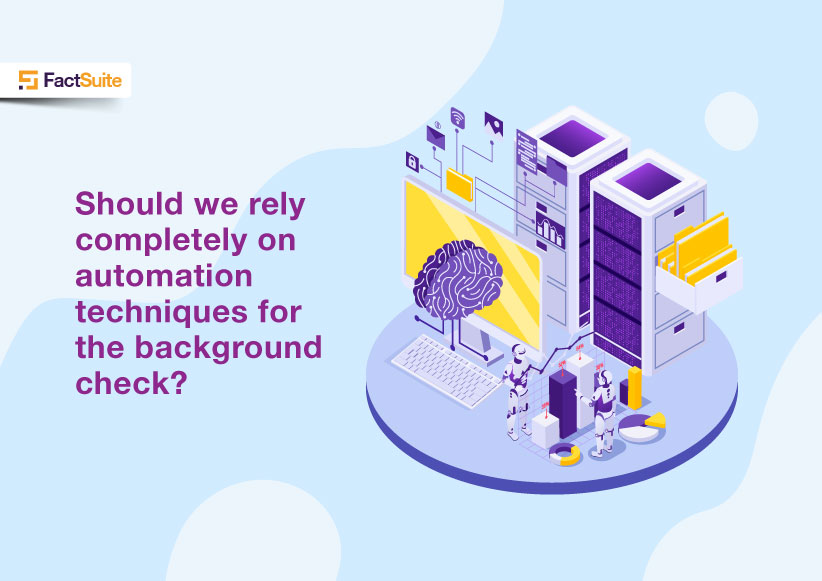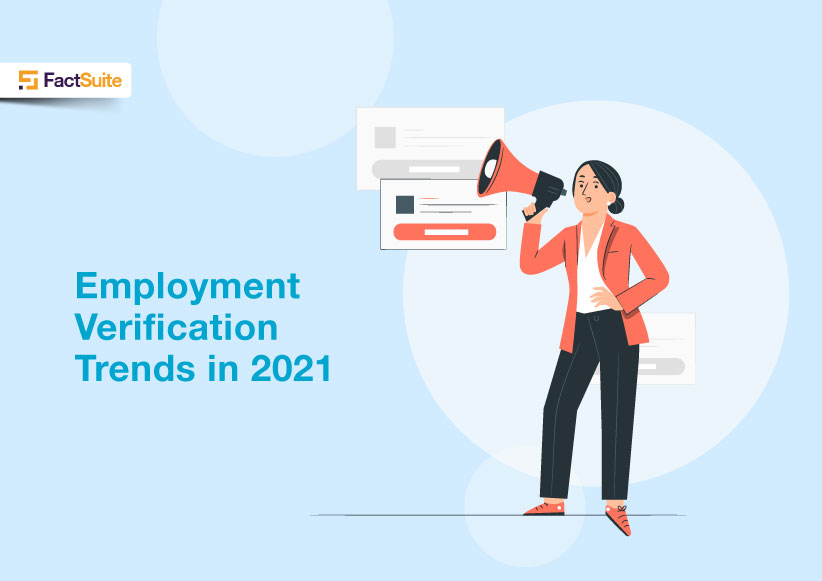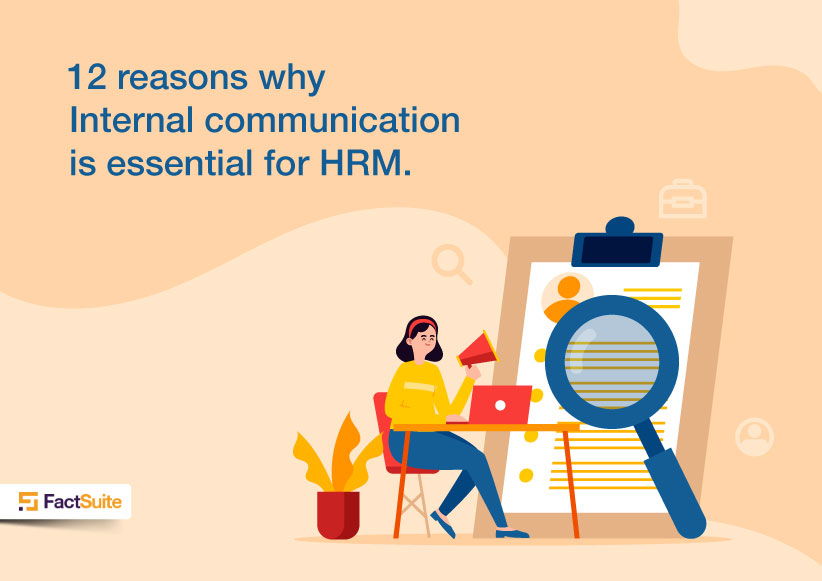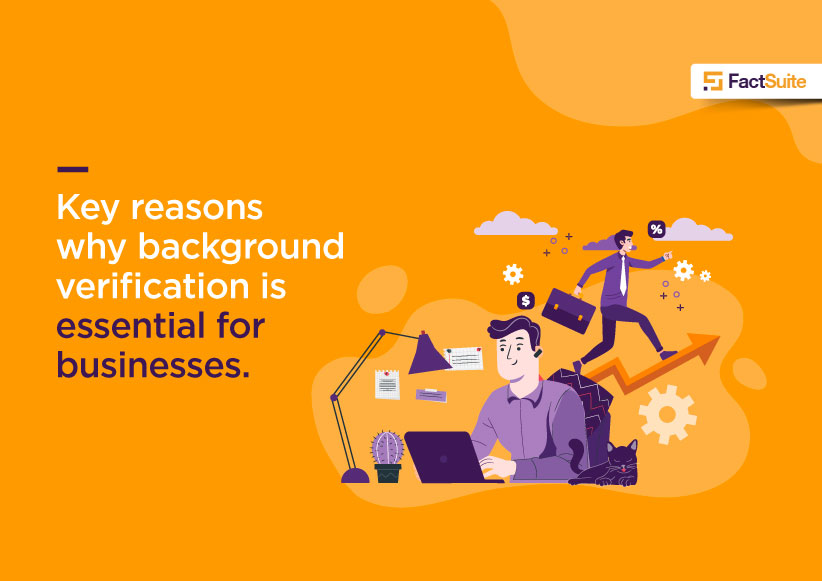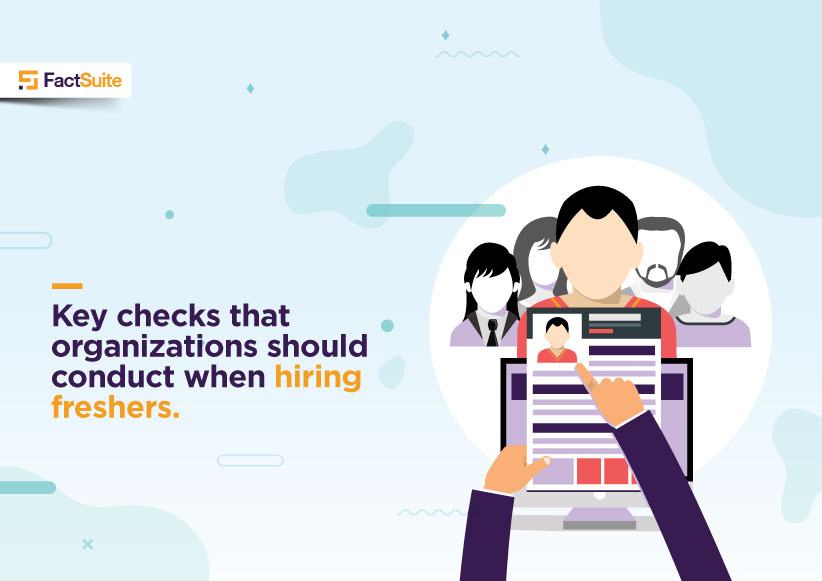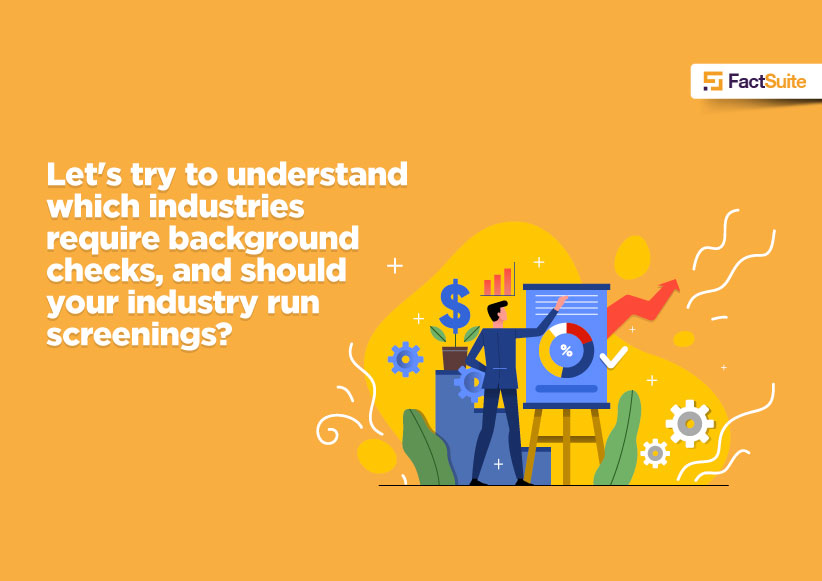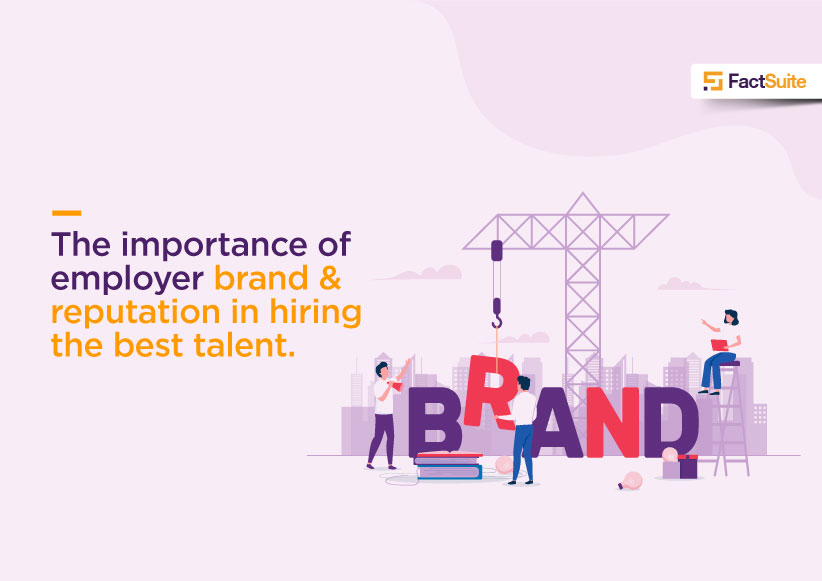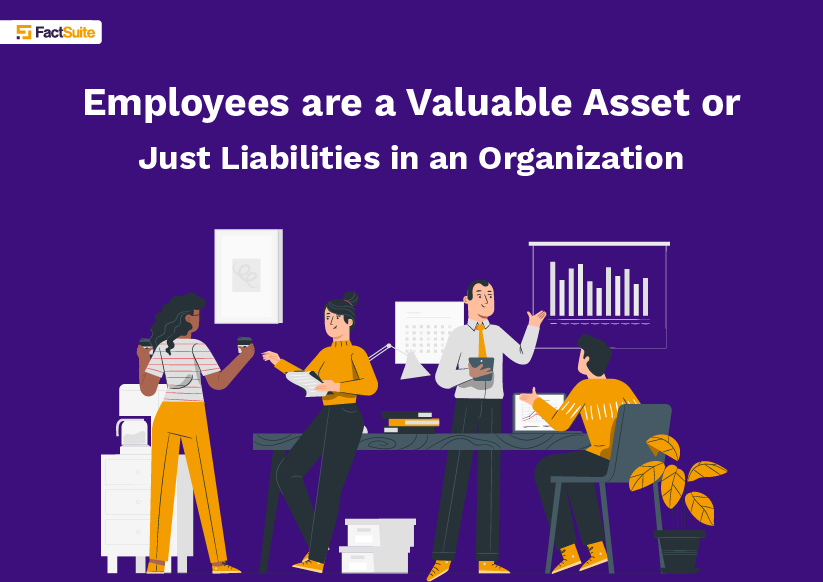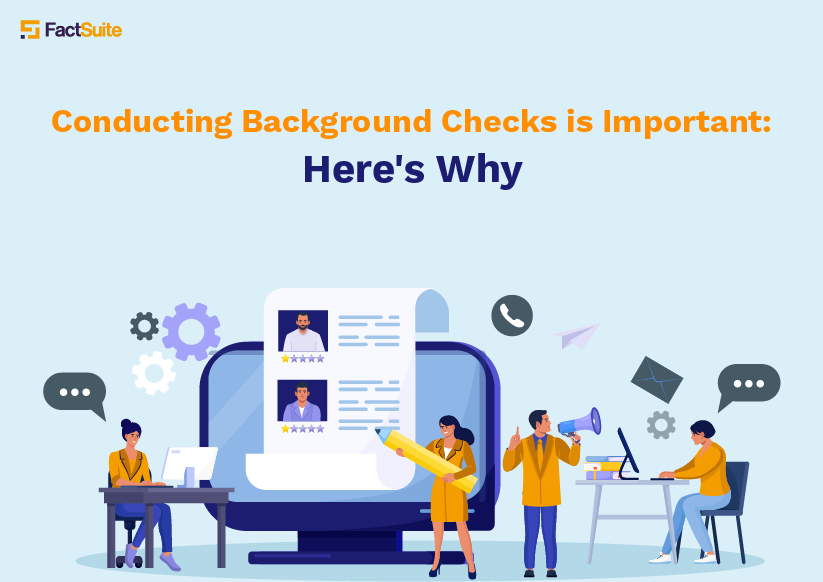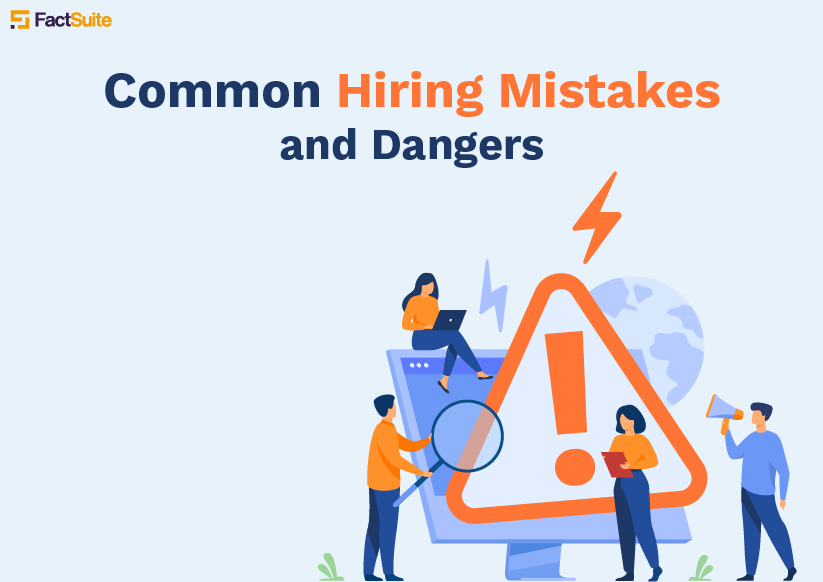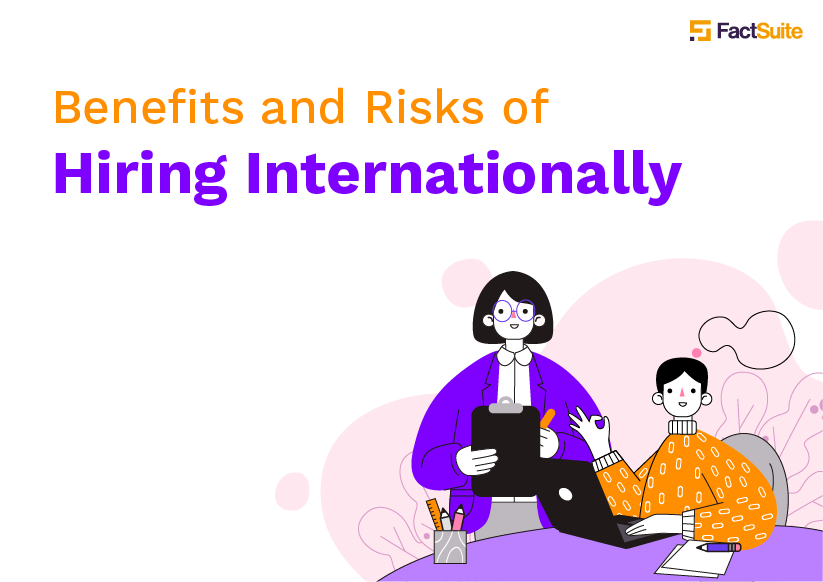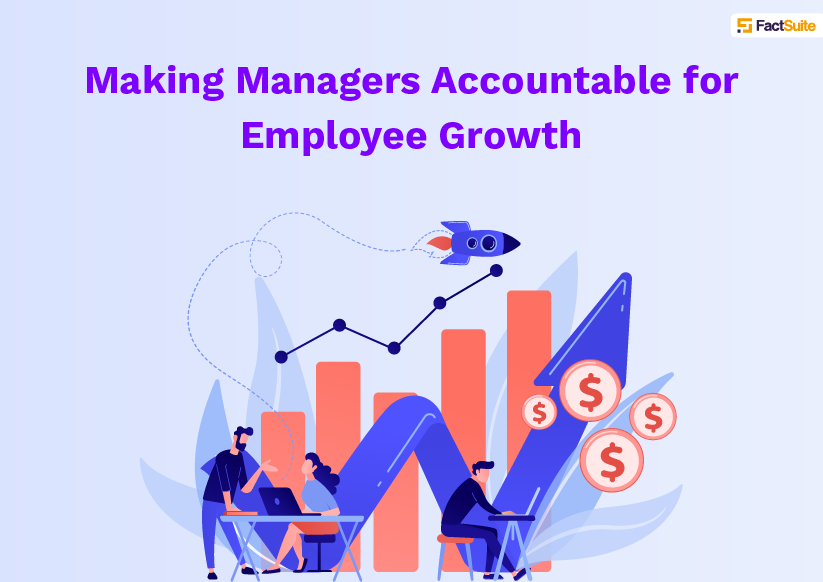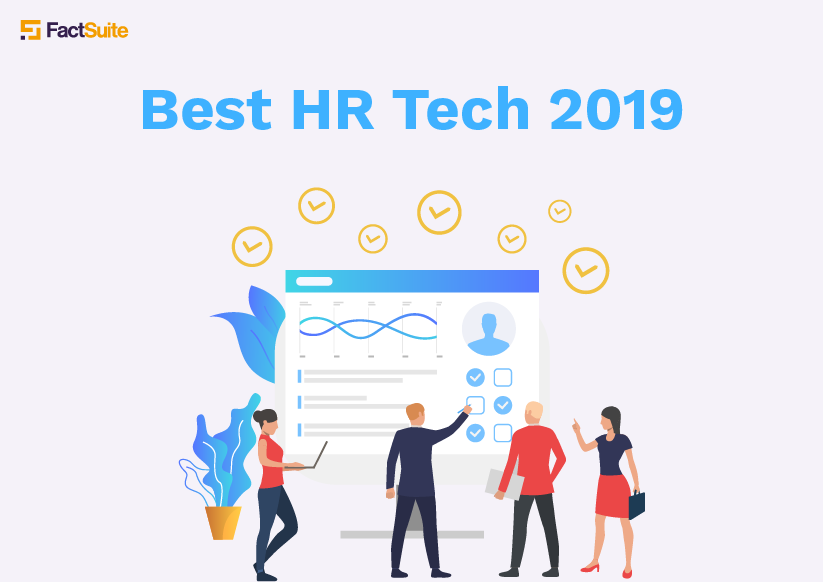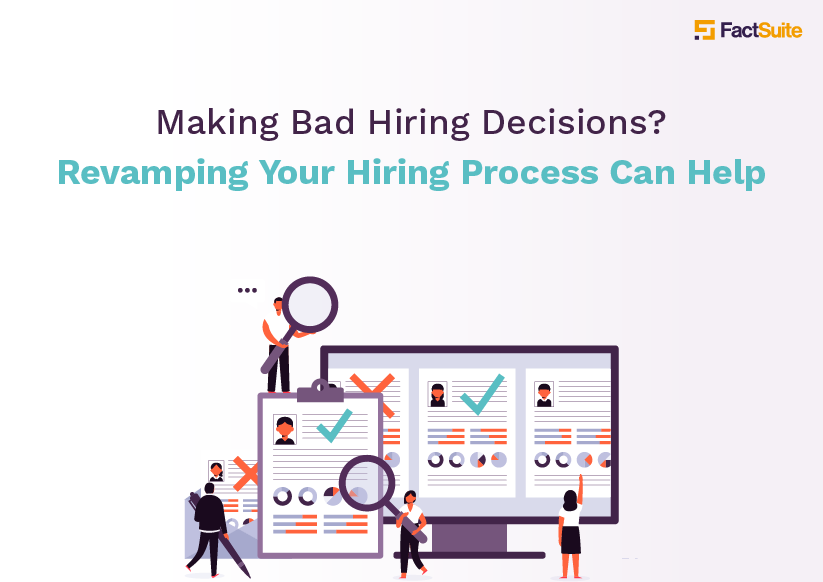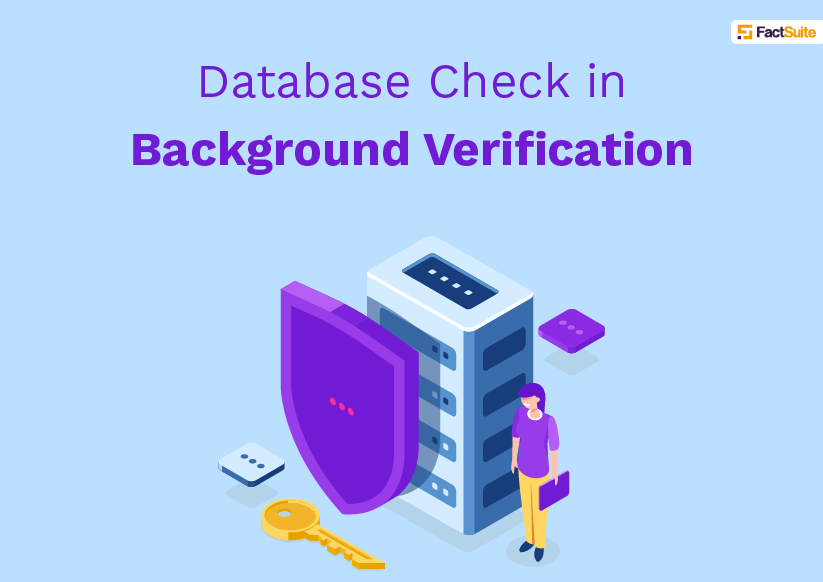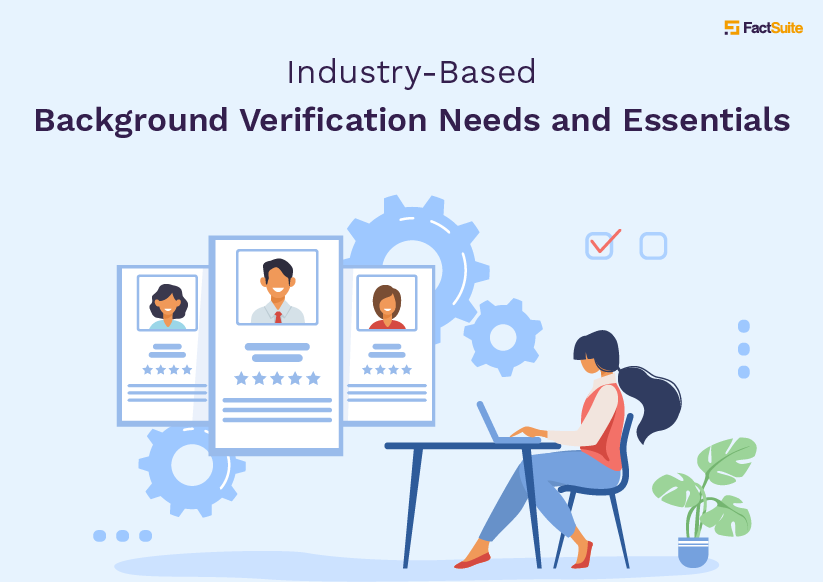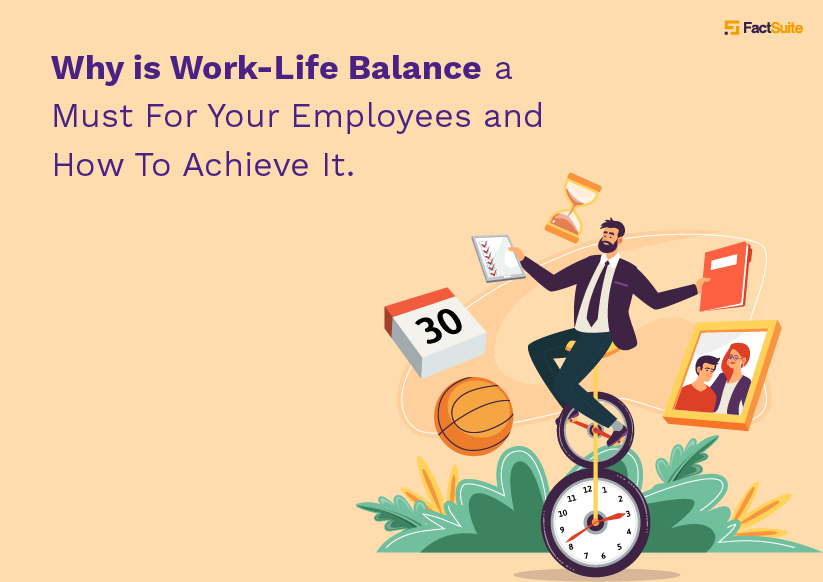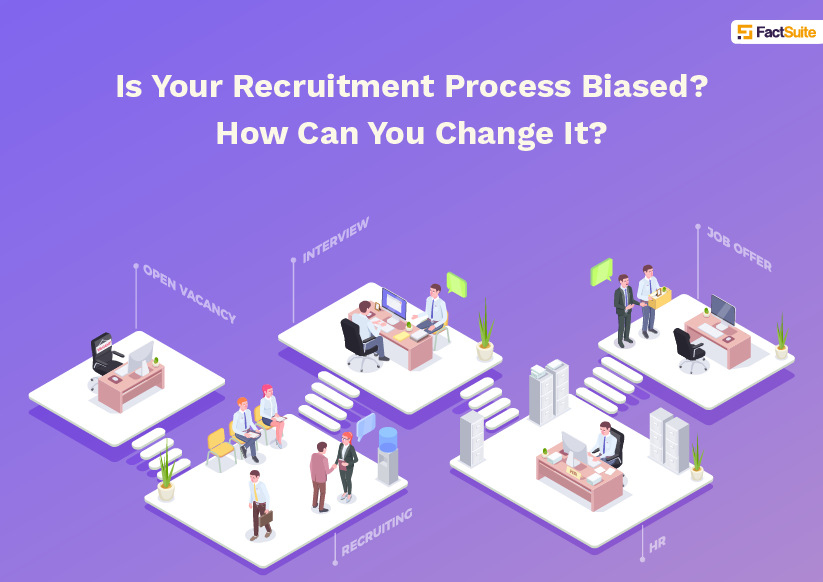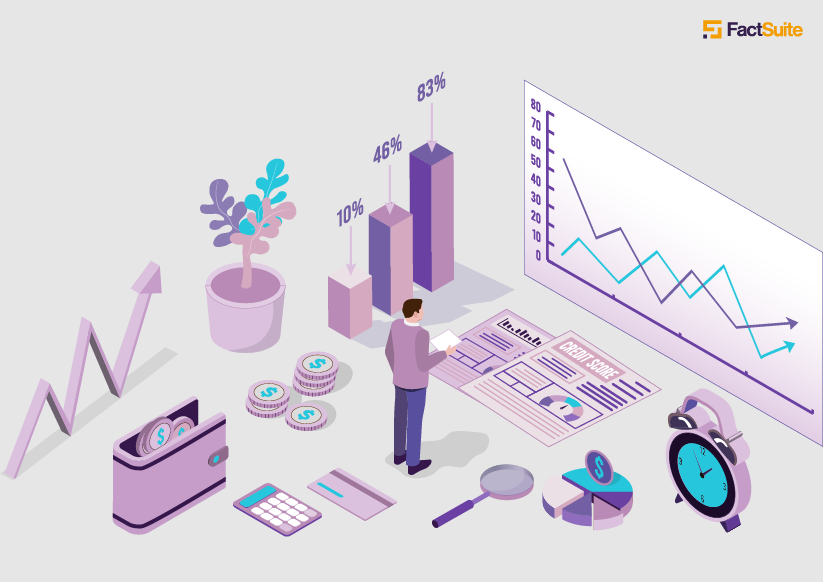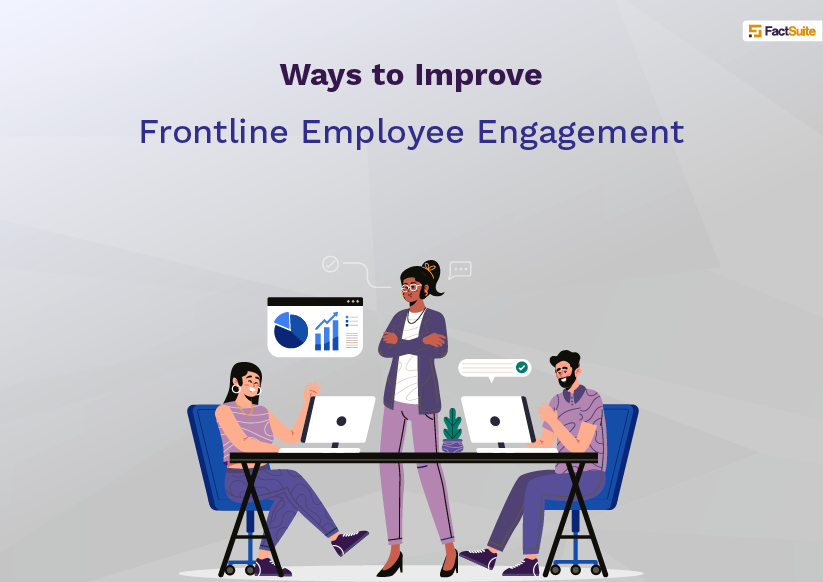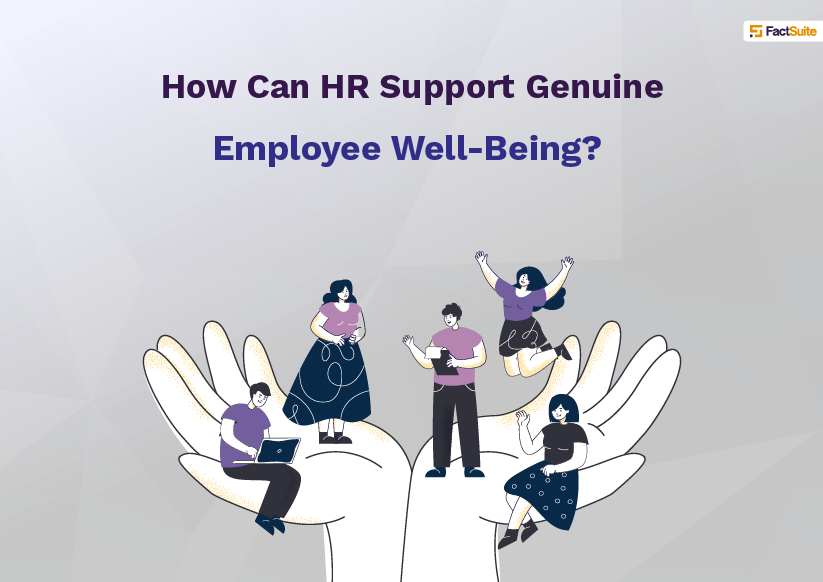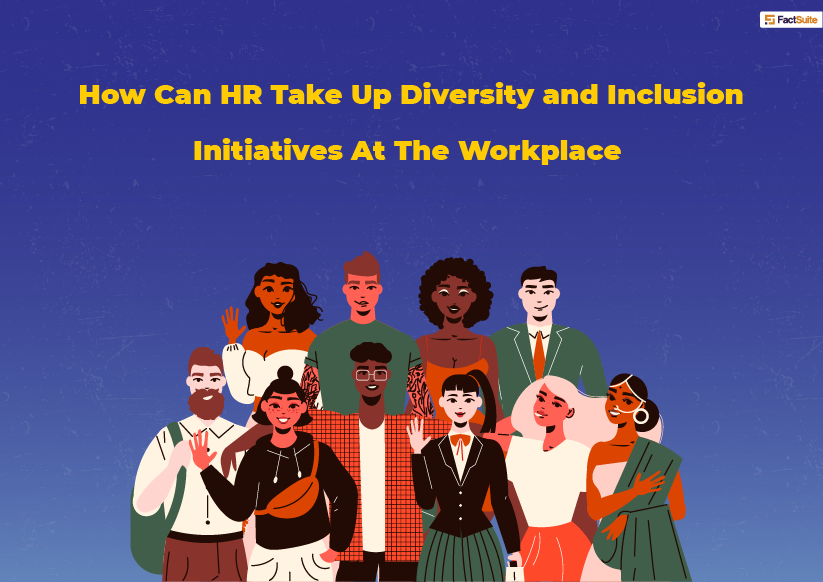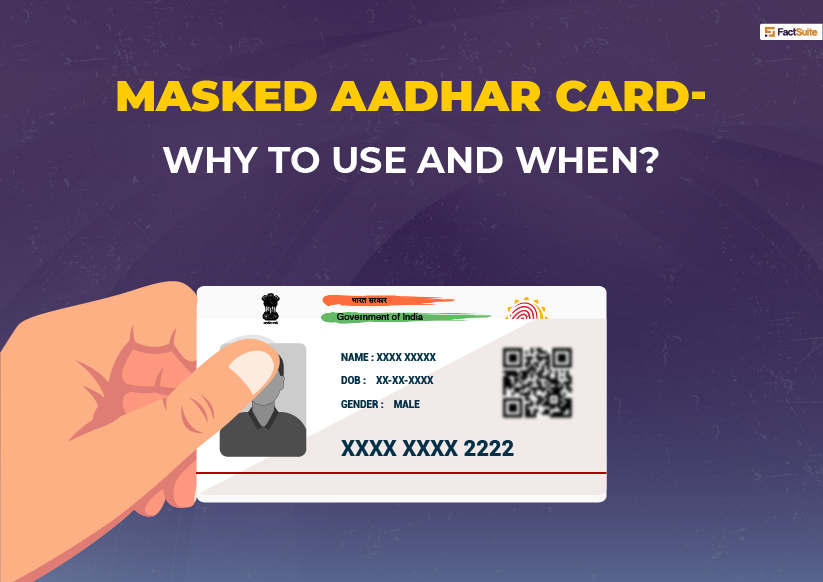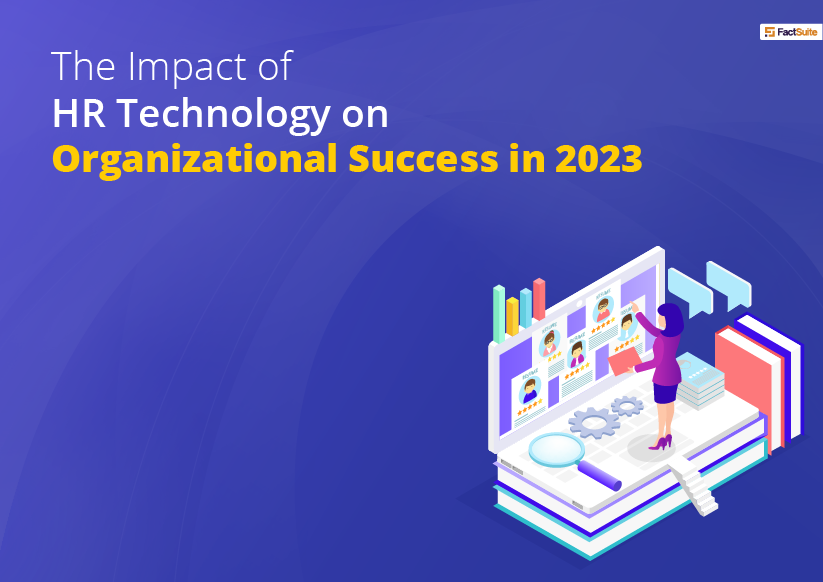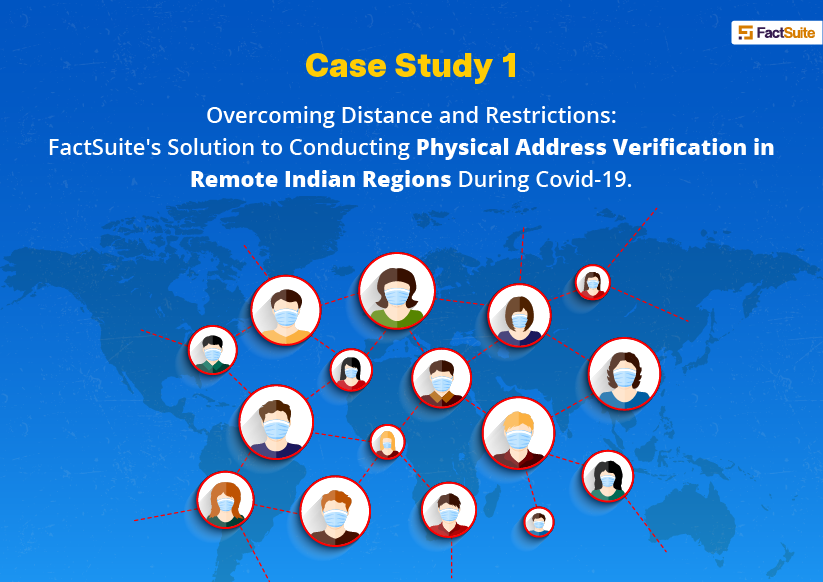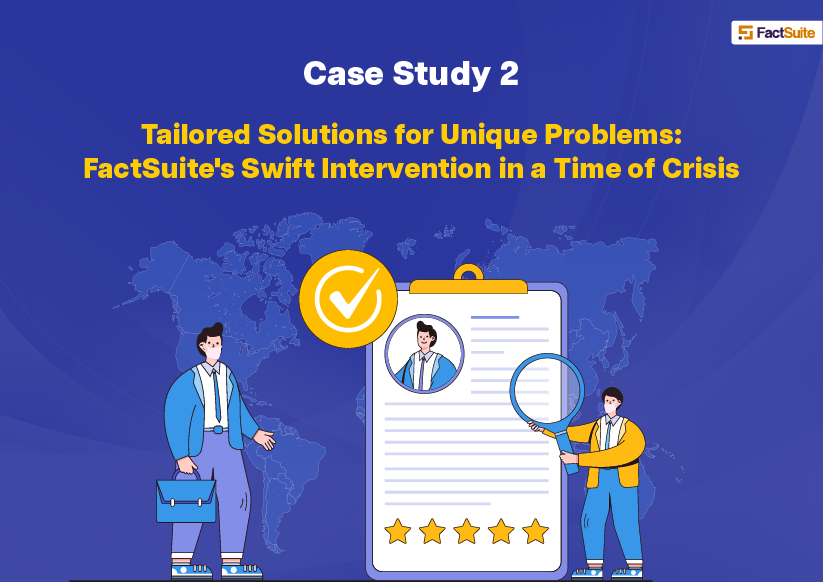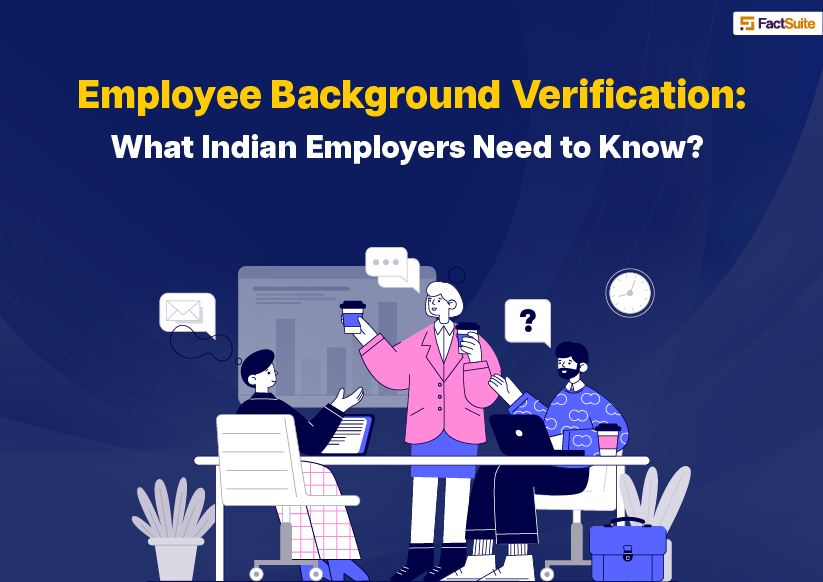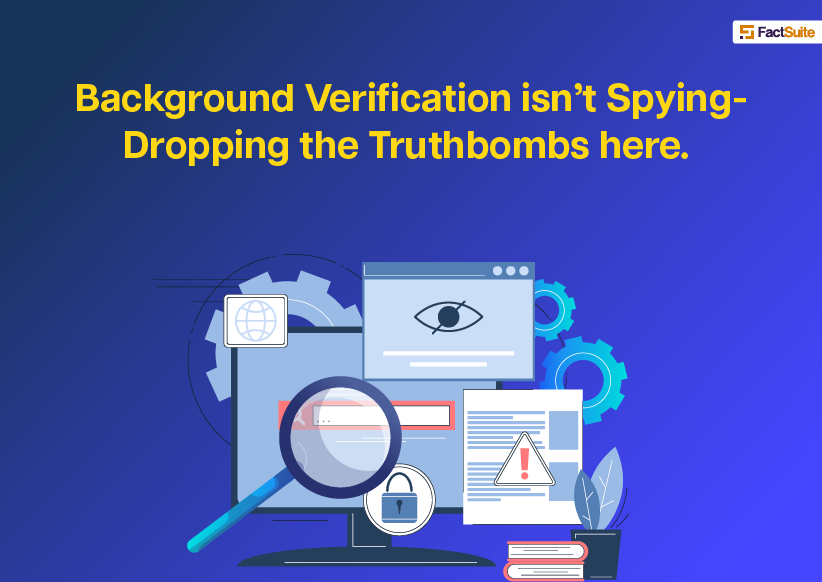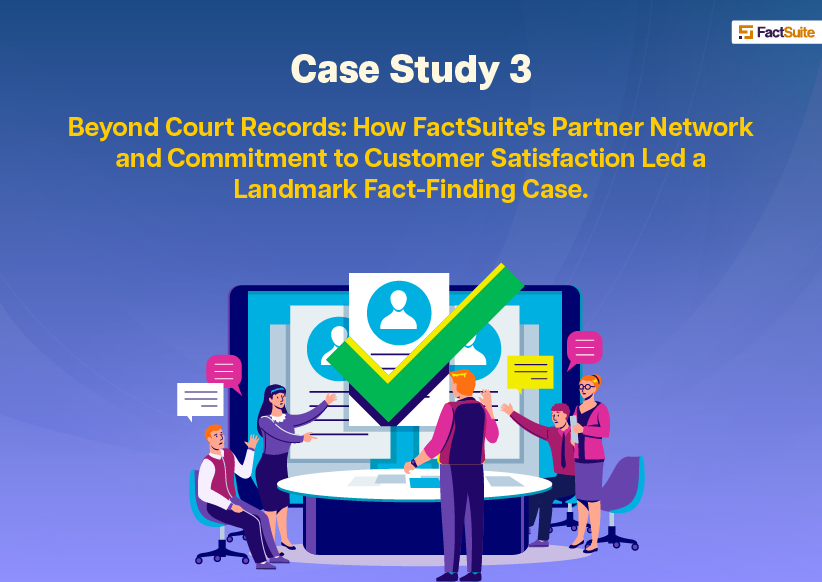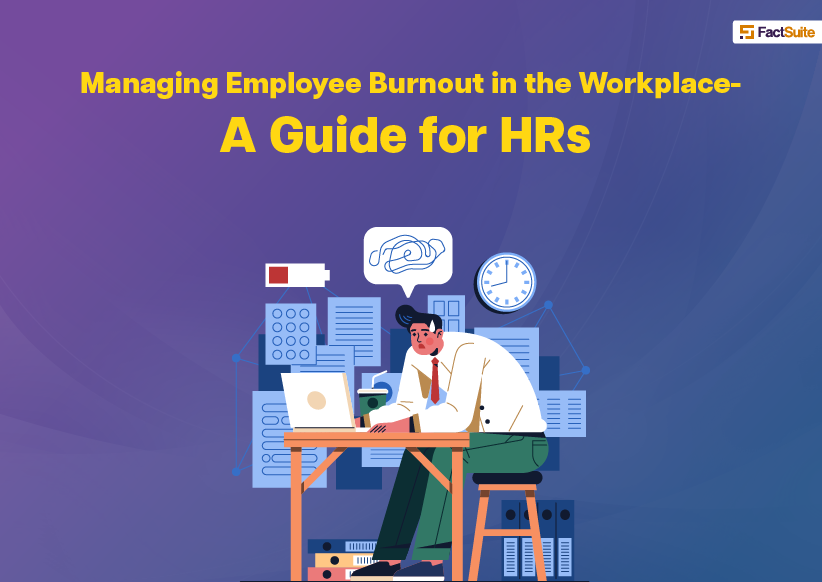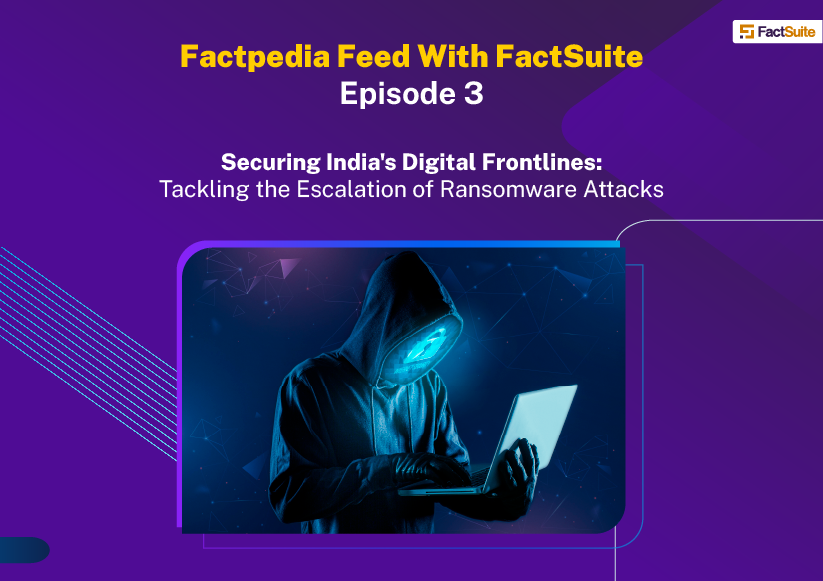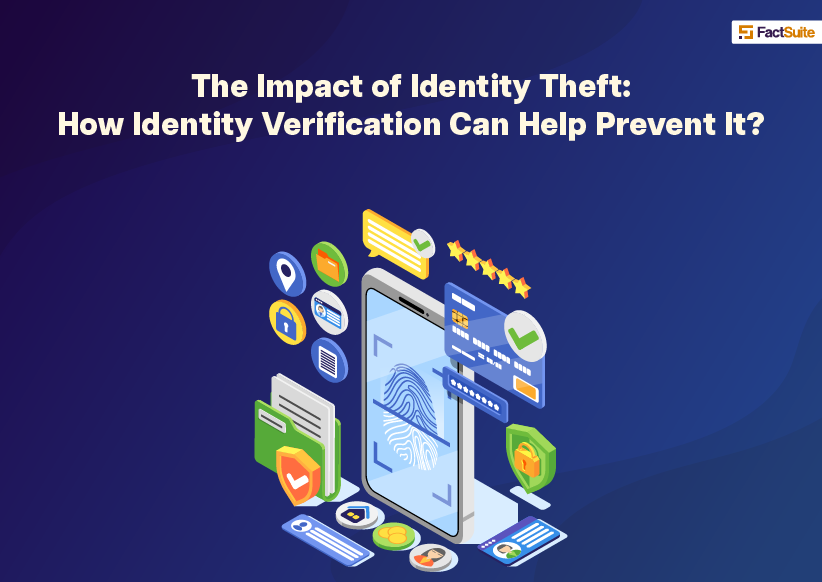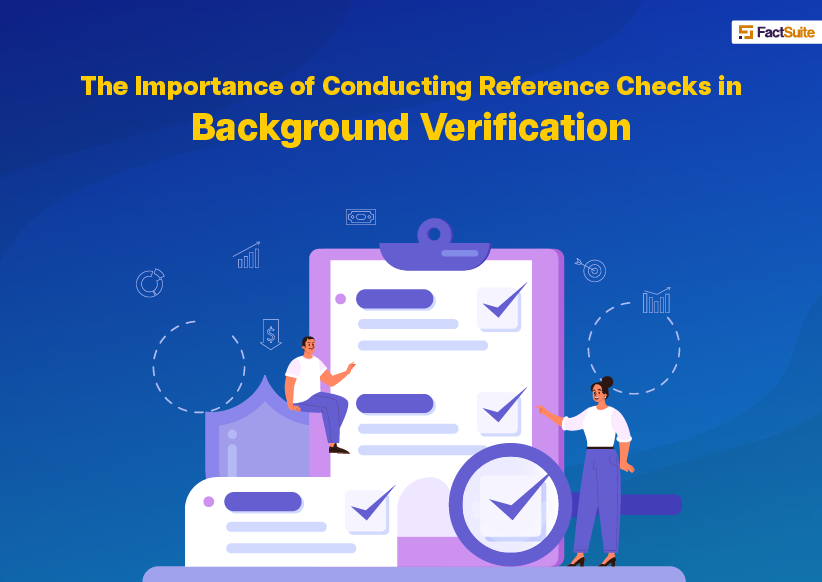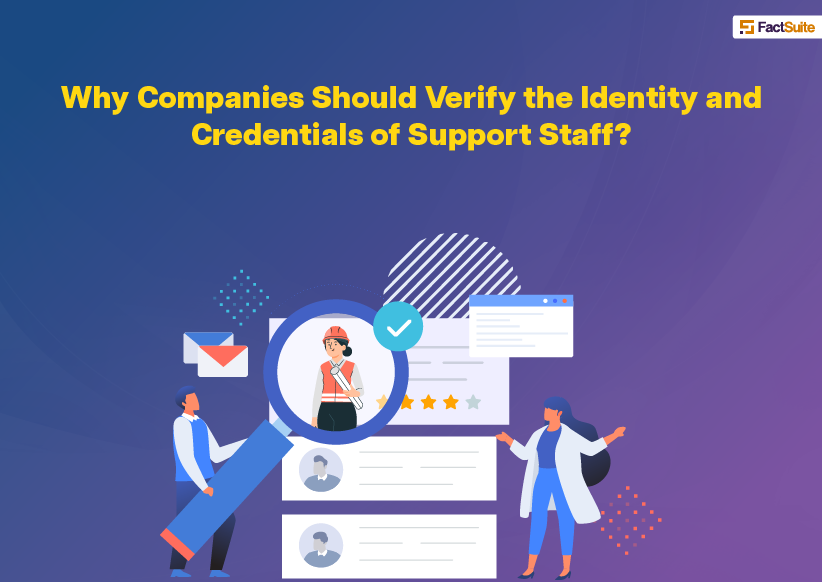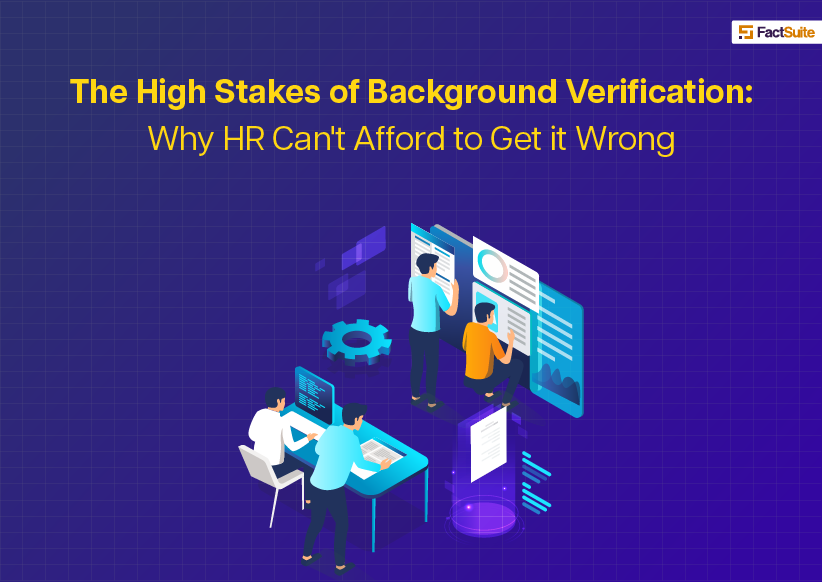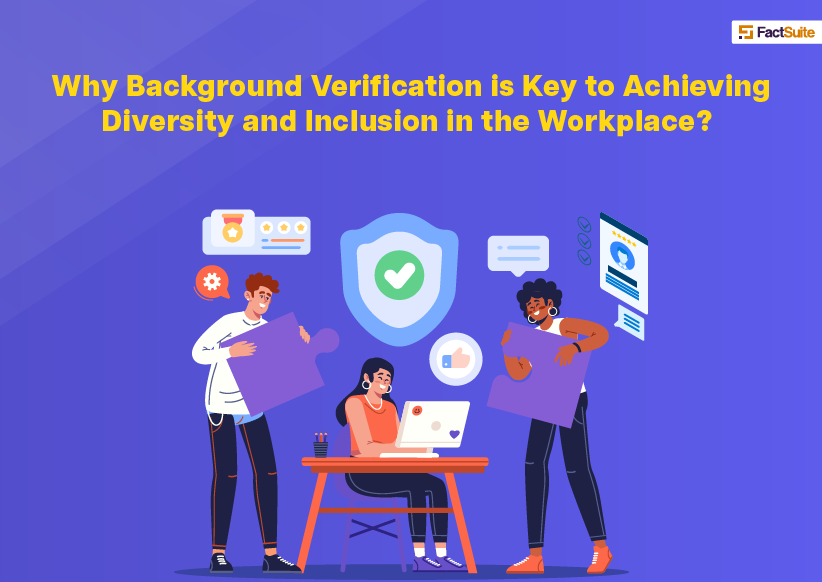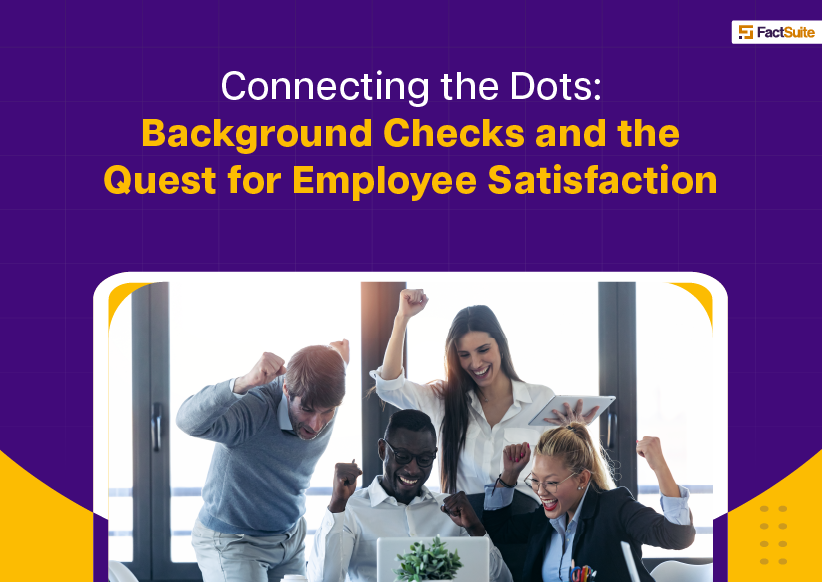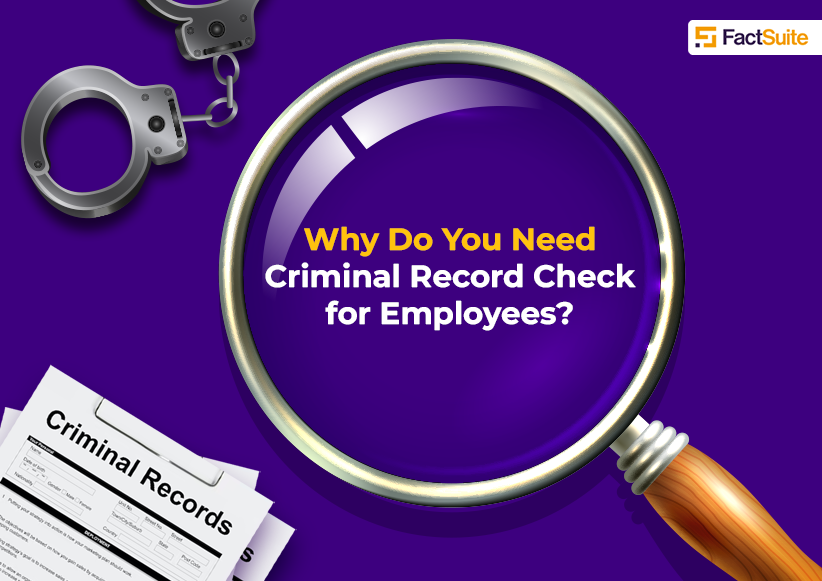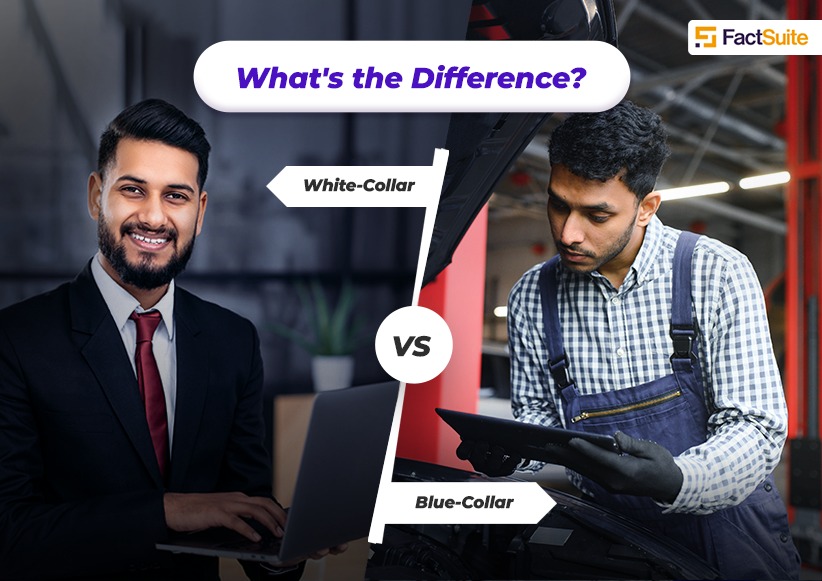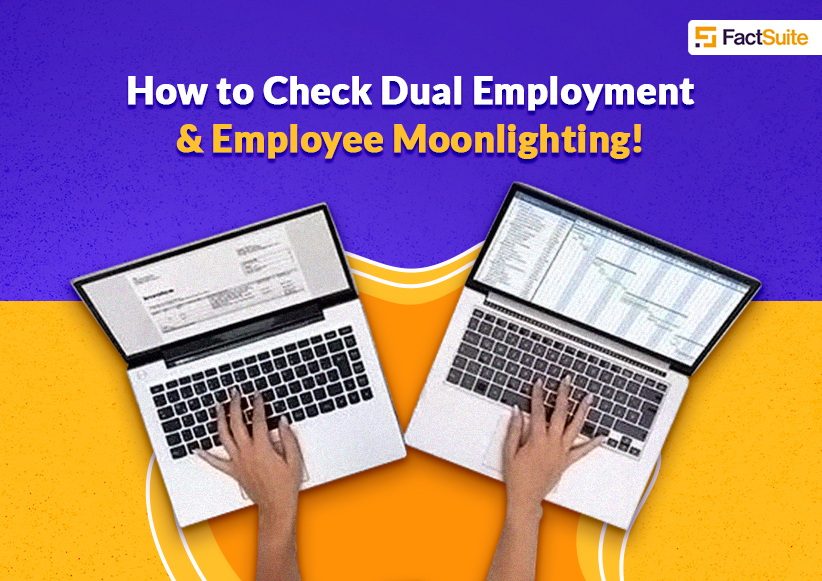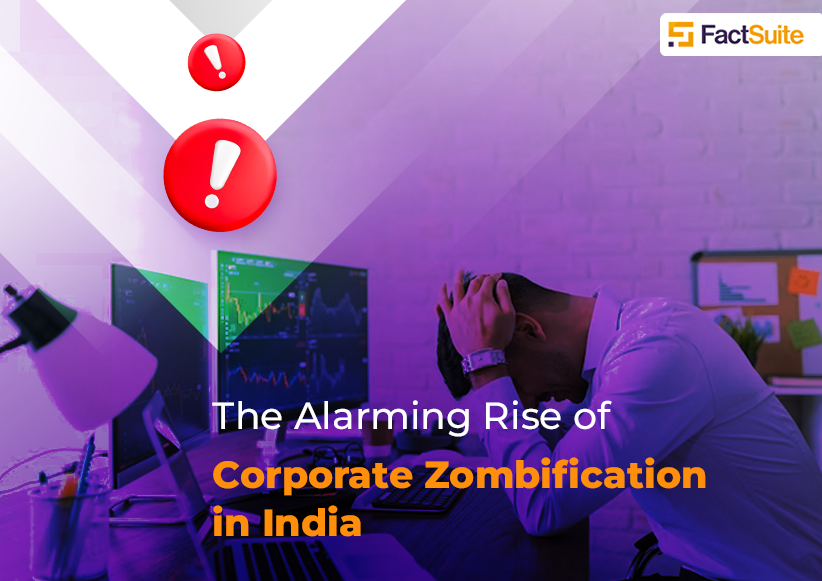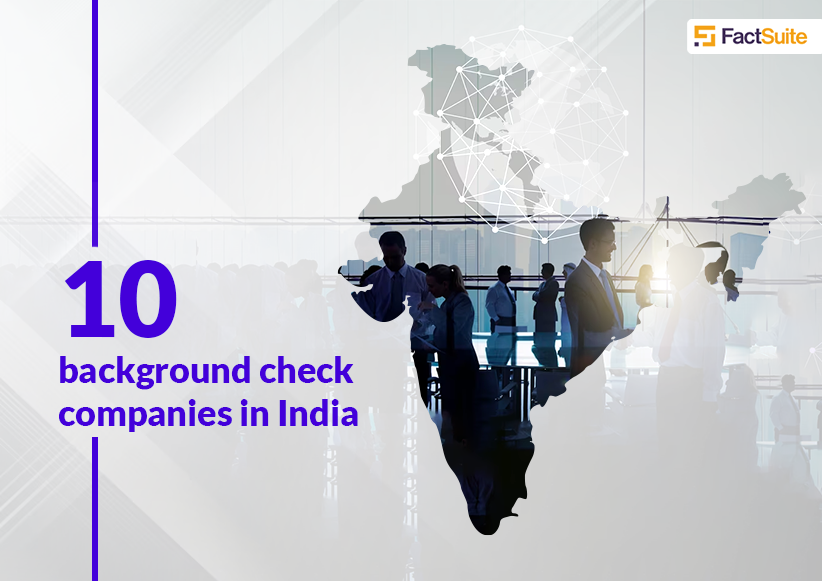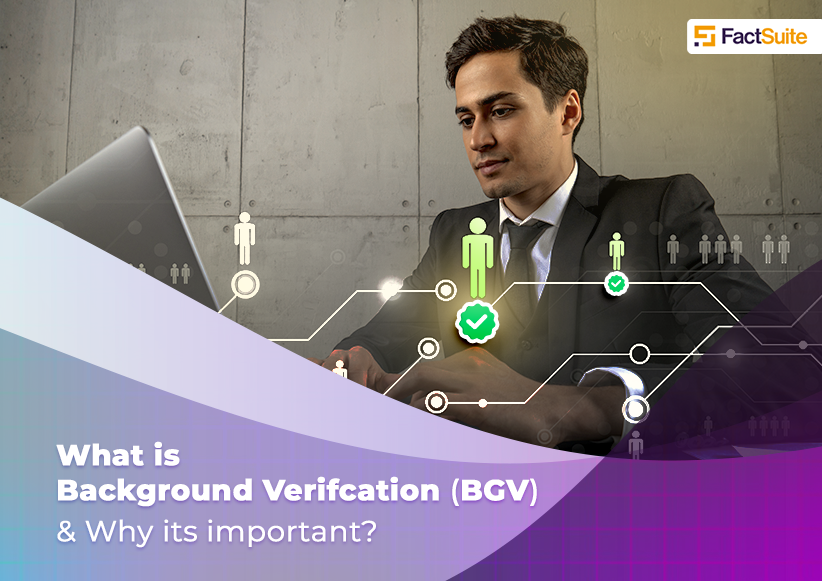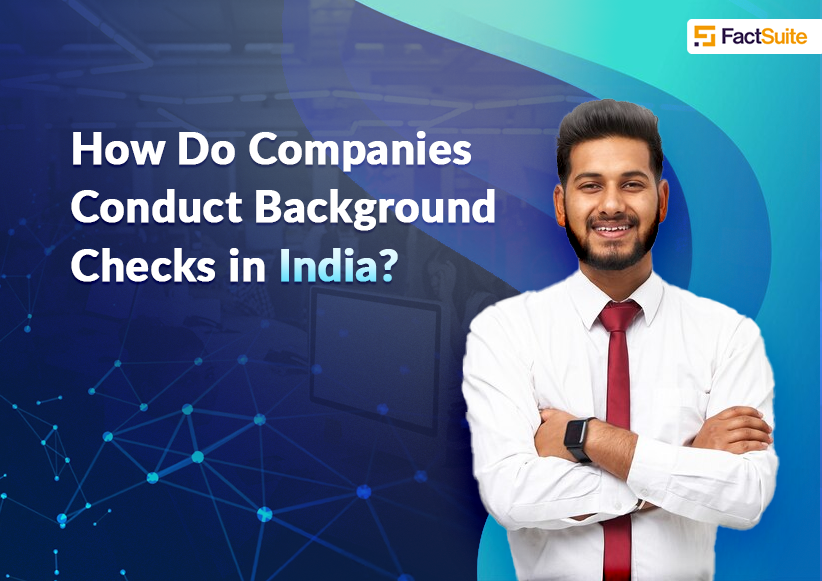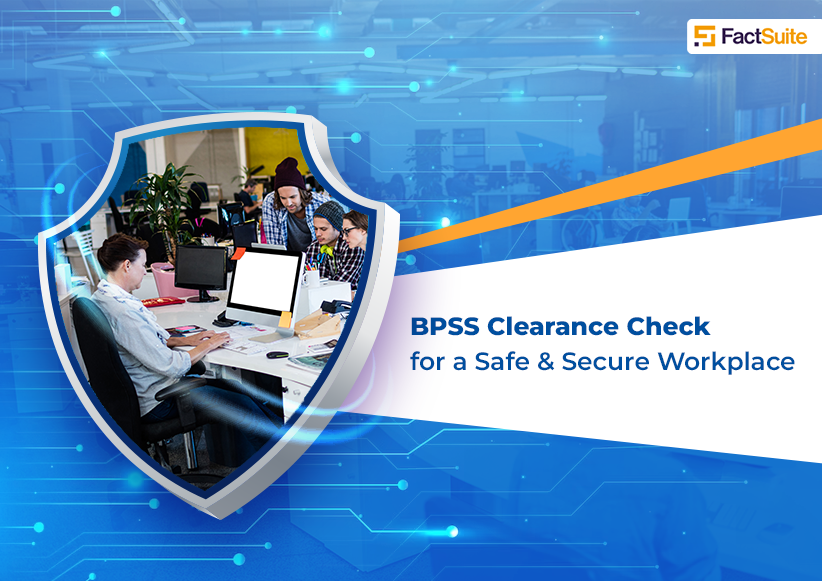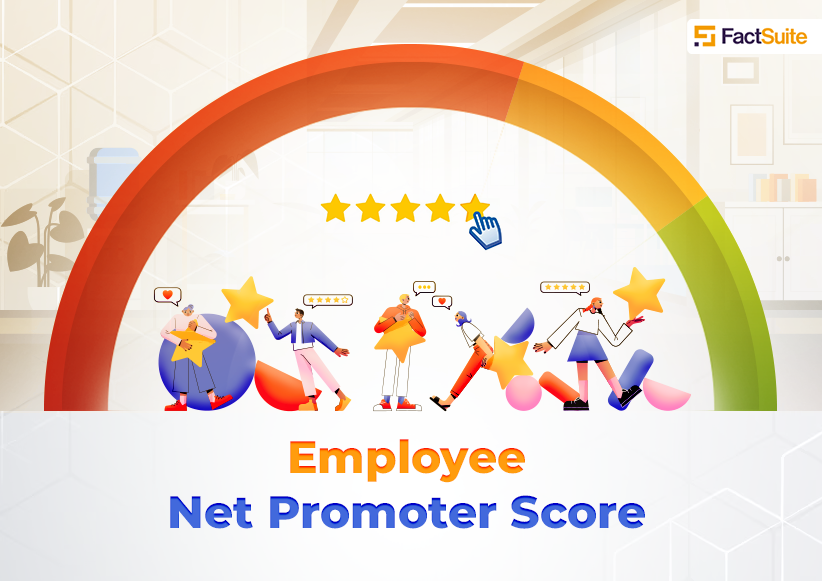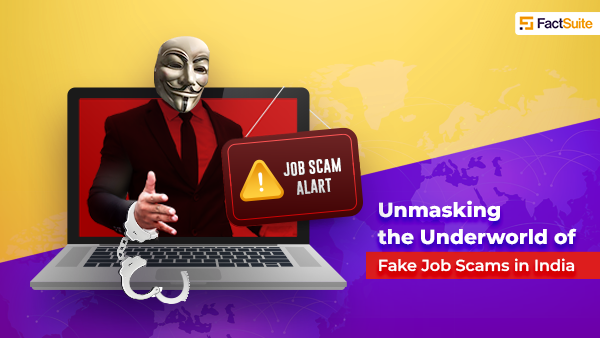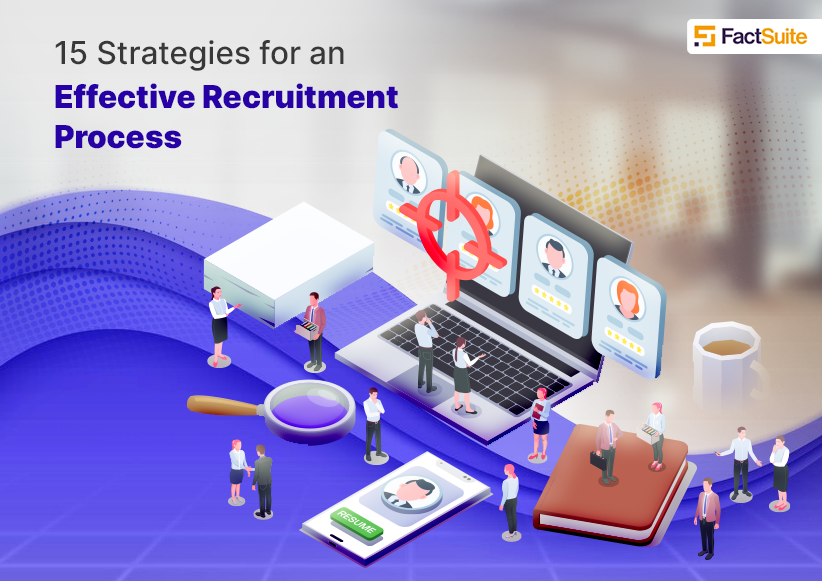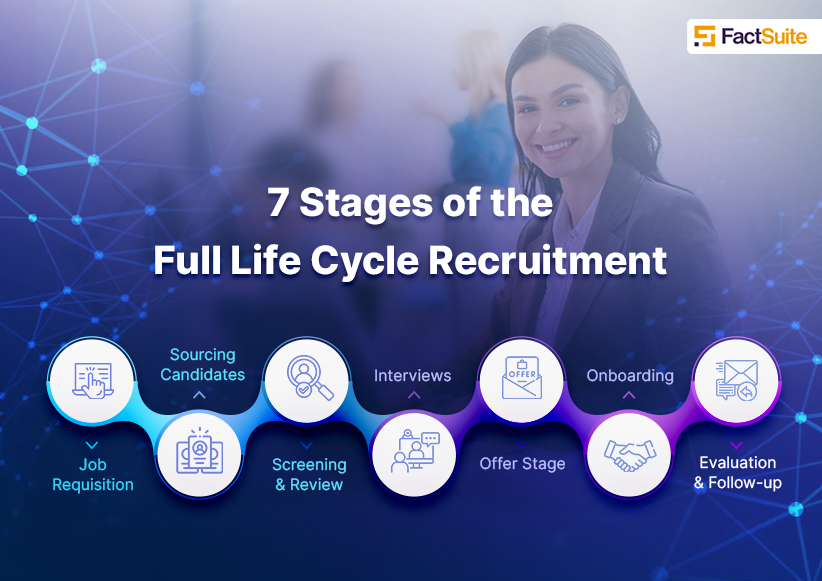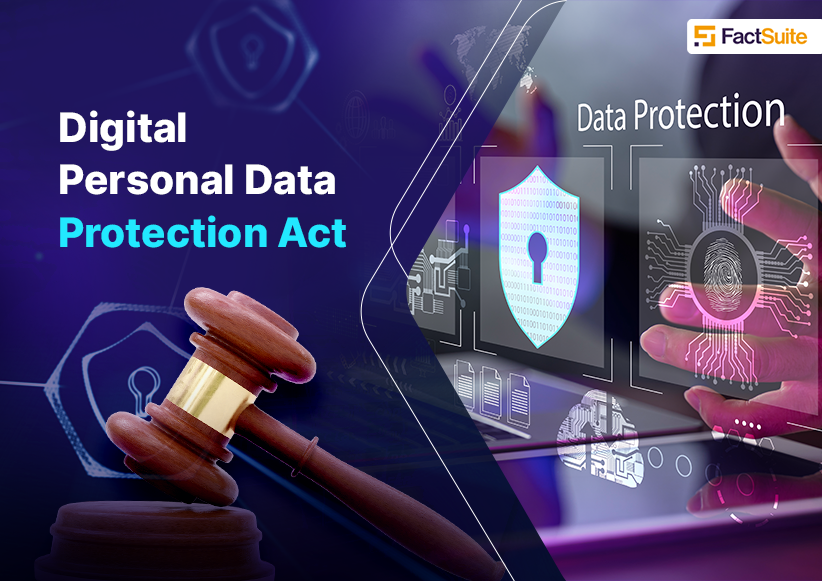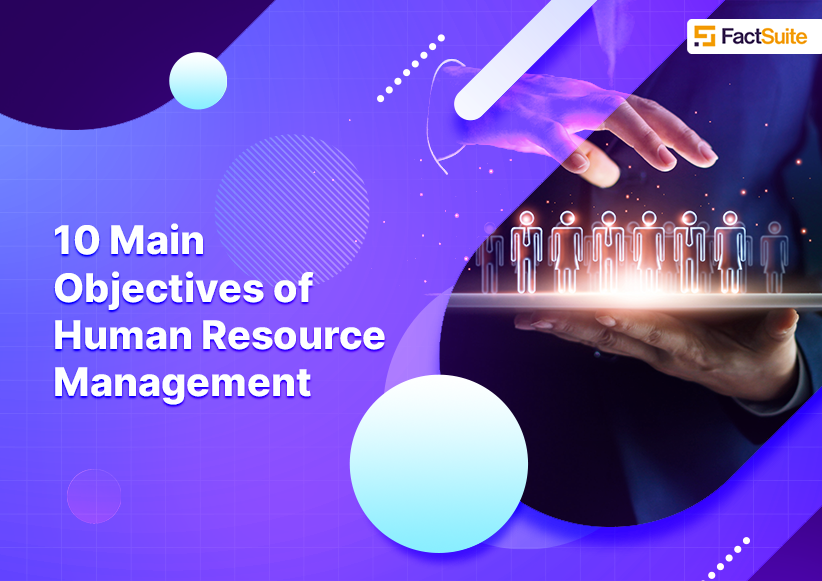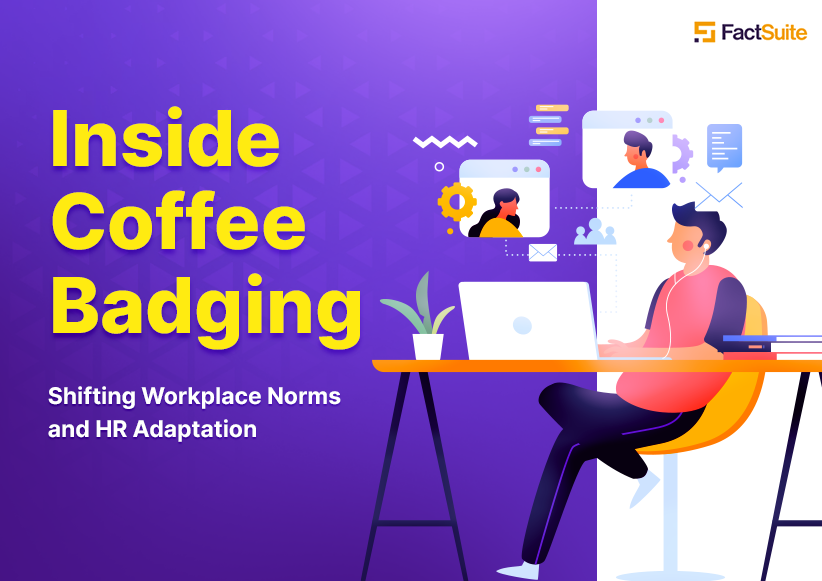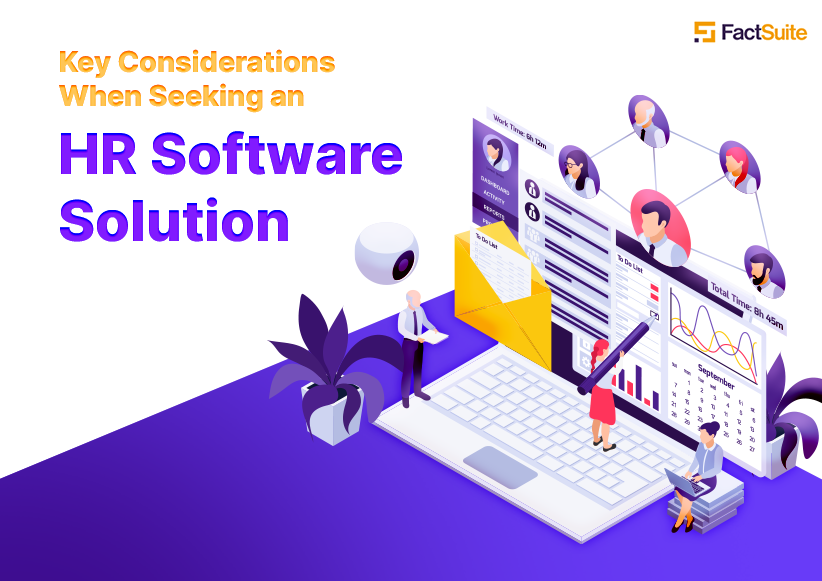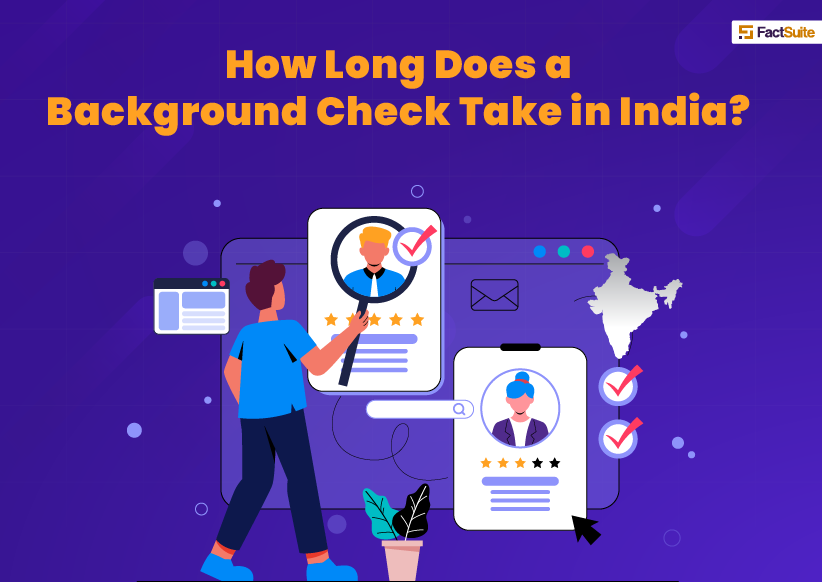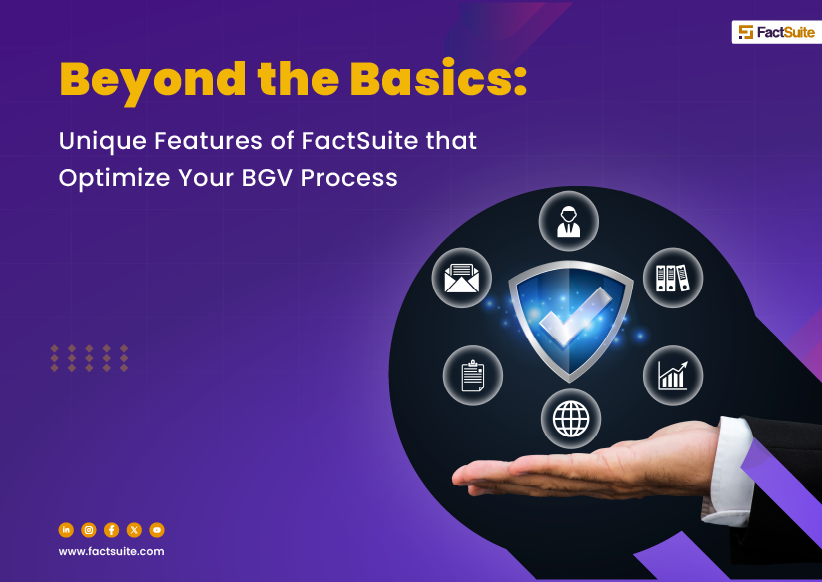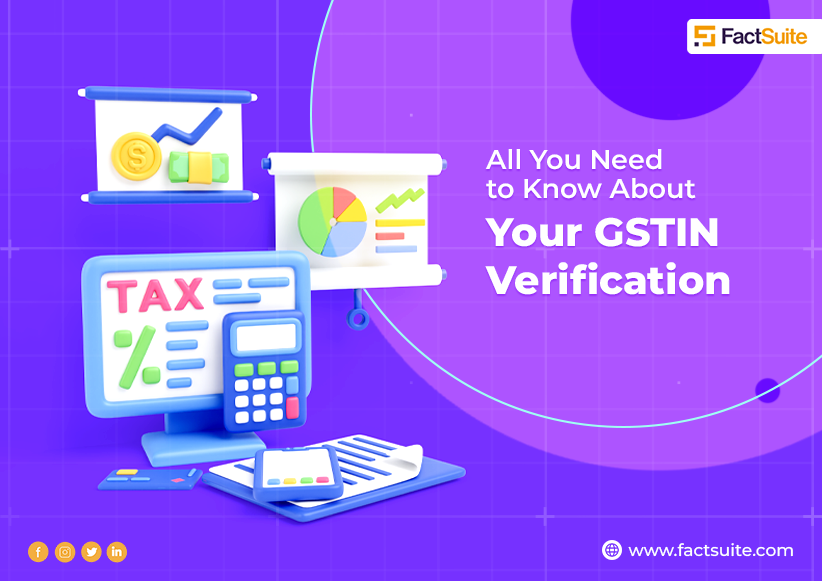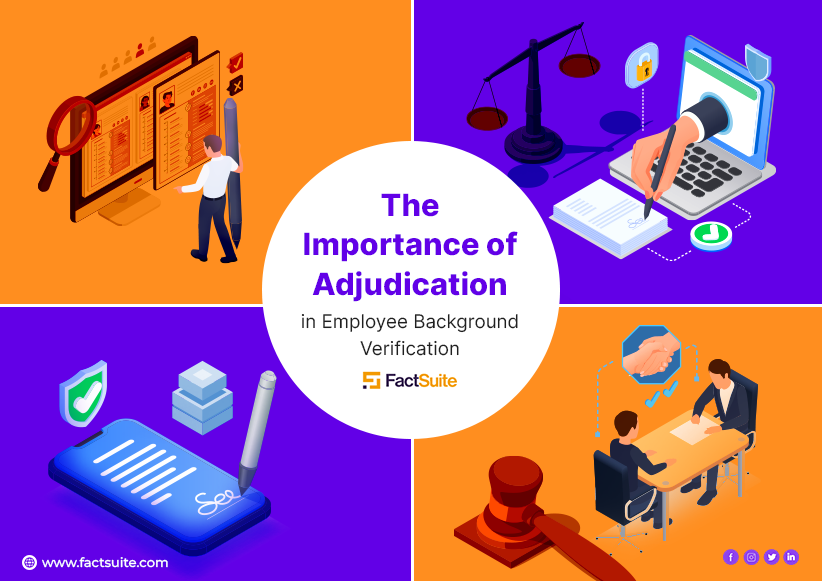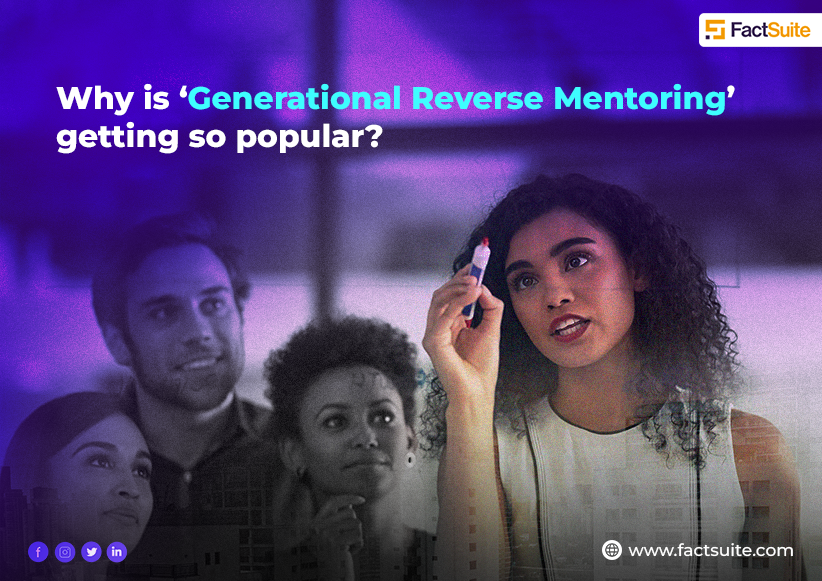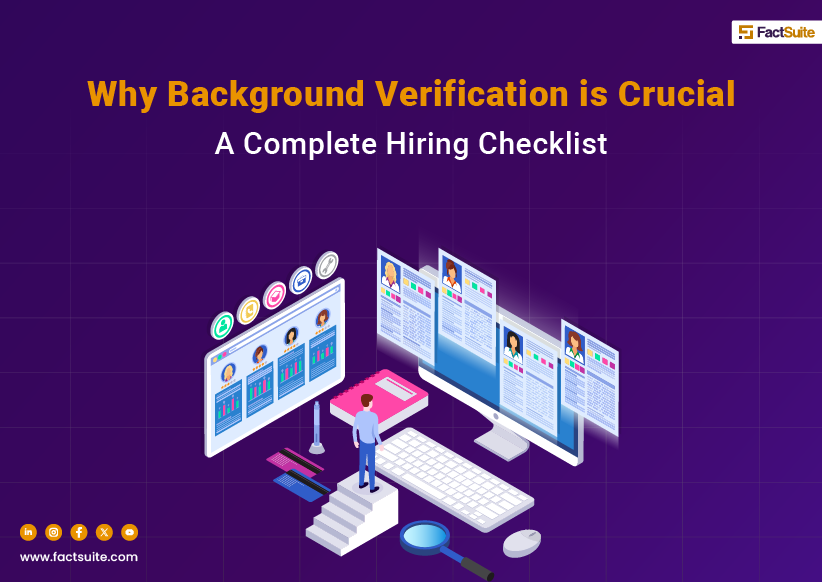Background Verification in The Banking Industry – Why It's Needed and How It Is Done
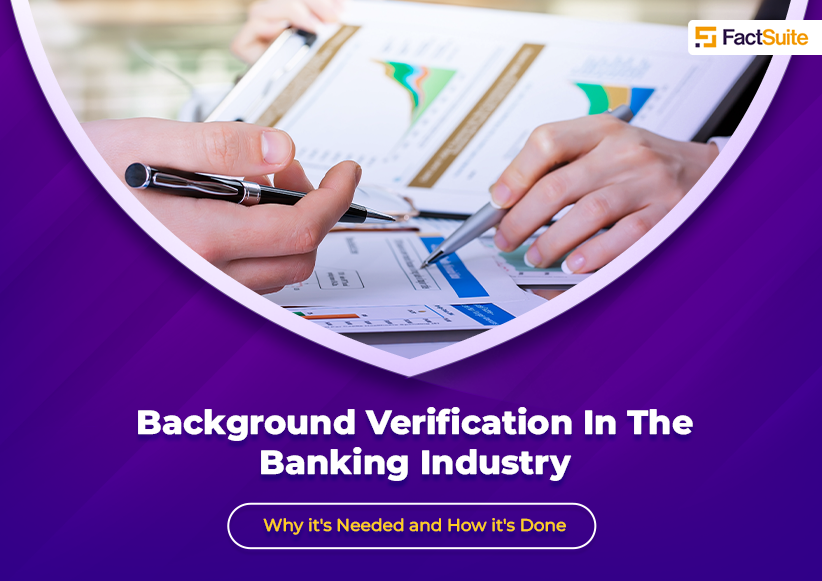
Table of Content
- Introduction
- This Is Why Background Verification Is Vital.
- Trustworthiness
- Risk Mitigation
- Legal Compliance
- Protecting Customer Data
- Why Background Verification for The Banking Sector
- Financial Responsibility
- Regulatory Requirements
- Preventing Insider Threats
- Protecting Reputation
- How To Do Background Checks in The Banking Industry
- Comprehensive Screening Process
- Legal Compliance
- Specialized Background Verification Companies
- Continuous Monitoring
- Technology Integration
- FAQs
- How is background verification done by banks?
- Is background verification a formality?
- What happens if BGV fails after joining?
Introduction
In today's highly competitive and technologically advanced world, the banking industry plays a pivotal role in safeguarding individuals' financial well-being and facilitating economic growth. The trust and confidence that customers place in banks are not just the result of sound financial practices; they also depend on the integrity of the individuals working within the banking sector. This is precisely where background screening by partnering with a reputable background check agency becomes indispensable.
This Is Why Background Verification Is Vital
Background screening is not a mere formality but a critical and foundational process in ensuring the credibility and reliability of individuals associated with the banking industry. Let's delve deeper into why this process is so vital:
Trustworthiness:
At the core of banking operations lies the element of trust. Customers entrust their hard-earned money, personal information, and financial security to banks. Therefore, it is paramount that the employees and partners of these institutions are trustworthy and ethical. Background verification with a trusted background check services company helps ensure that the people who handle sensitive financial matters have a history of honesty and integrity.
Risk Mitigation:
Banking involves managing substantial sums of money and sensitive financial data. Without rigorous background checks, hiring individuals with a history of fraudulent activities, embezzlement, or other financial irregularities is risky. Background verification serves as a proactive measure to mitigate these risks, protecting the bank's assets and reputation.
Legal Compliance:
The banking industry is subject to a myriad of regulations and compliance requirements. These regulations are designed to prevent financial crimes, protect consumers, and maintain the financial system's stability. Background checks are crucial to compliance with laws such as the Bank Secrecy Act (BSA) and Anti-Money Laundering (AML) regulations. Ensuring that employees meet these compliance standards with the help of a background check services company is not only a best practice but also a legal obligation.
Protecting Customer Data:
Banks are entrusted with sensitive customer data, including personal information and financial records. The mishandling or unauthorized access to this data can result in severe legal and reputational consequences. Background screening helps identify individuals with a history of data breaches or unethical handling of sensitive information, preventing potential data breaches and privacy violations.
Why Background Verification for The Banking Sector
The banking sector is undeniably one of the most critical and heavily regulated industries globally. The need for background verification becomes even more pronounced when you consider the alarming prevalence of insider fraud within the sector. Cases of identity theft, accounting frauds, asset appropriation, and money laundering have become distressingly common, and what's truly shocking is that insiders themselves are responsible for nearly half of these scams!
To provide context, according to KPMG's report, the percentage of resumes with inconsistencies submitted to BFSI companies increased from 15.61% in 2014 to 25.95% in 2016. These inconsistencies primarily pertained to inaccuracies in reporting job experience, educational qualifications, and references.
Given these alarming statistics, it becomes evident why background verification by partnering with a reputable background check services company is absolutely paramount in the context of the banking sector:
Financial Responsibility:
Banks are not just entrusted with the management and safeguarding of their clients' financial assets; they are also responsible for ensuring that their employees, from tellers to investment advisors, have a track record of sound financial responsibility. This ensures that those handling money and assets do so with the utmost care, transparency, and integrity.
Regulatory Requirements:
The banking industry operates under an extensive web of regulatory oversight. Compliance with regulations such as the Bank Secrecy Act (BSA), the Dodd-Frank Wall Street Reform and Consumer Protection Act, and various Anti-Money Laundering (AML) laws is non-negotiable. Background verification is a fundamental component of meeting these stringent regulatory requirements, as it helps banks demonstrate their unwavering commitment to preventing financial crimes.
Preventing Insider Threats:
Banks are highly susceptible to insider threats, where employees misuse their access and knowledge for personal gain or malicious intent. Robust background verification serves as a vital tool in identifying potential insider threats and enables the implementation of preventive measures to safeguard against internal fraud or misconduct.
Protecting Reputation:
A bank's reputation is its most valuable asset, and in today's era of instant communication and social media, any lapse in integrity or ethical standards can swiftly tarnish that reputation. Conducting comprehensive background checks on employees and associates is not merely a best practice; it is a proactive strategy to protect and uphold the bank's reputation in the eyes of its customers, stakeholders, and the broader public. These checks reassure all parties that the institution is committed to maintaining the highest standards of trustworthiness and accountability.
How To Do Background Checks in The Banking Industry
Conducting effective background checks in the banking industry requires a meticulous and thorough approach due to the high stakes involved. Here's a glimpse into the essential steps and considerations for performing background verifications:
1. Comprehensive Screening Process:
Begin by establishing a comprehensive screening process that encompasses various aspects of an individual's background. A reputable background check agency should be able to help with this. This should include criminal history checks, credit history reviews, employment verification, educational qualifications validation, and reference checks. Each of these elements plays a crucial role in assessing a candidate's suitability for a position within the banking sector.
2. Legal Compliance:
Given the regulatory scrutiny on the banking industry, it's imperative to ensure that all background checks are conducted in full compliance with relevant laws and regulations. Adherence to the Fair Credit Reporting Act (FCRA) and other industry-specific regulations is paramount. Be sure to maintain meticulous records of each background check, including consent forms, to demonstrate compliance in case of audits or legal inquiries. A trusted background check agency can help streamline your verification process while adhering to compliance.
3. Specialized Background Verification Companies:
Many banks opt to partner with specialized background verification companies with expertise in the intricacies of the banking sector. These firms are well-versed in the specific requirements and regulatory nuances of the industry, which can streamline the process and enhance accuracy.
4. Continuous Monitoring:
Background verification isn't limited to pre-employment checks alone. In the dynamic world of banking, it's essential to implement continuous monitoring procedures. This ensures that employees and partners maintain their integrity and remain compliant with evolving regulations throughout their tenure.
5. Technology Integration:
Leveraging advanced technology, such as artificial intelligence and data analytics, can expedite the background verification process while improving its accuracy. Automated systems can cross-reference vast databases and flag potential discrepancies, making it easier to identify red flags.
FAQs
1. How background verification is done by banks?
Background verification by banks involves a thorough process, including criminal history checks, credit history reviews, employment verification, educational qualifications validation, reference checks, and compliance with regulatory requirements. Technology like AI may be used for efficiency.
2. Is background verification a formality?
No, background verification is not a formality. It's a critical process to ensure trust, security, compliance with regulations, and protection of a bank's reputation. It helps identify potential risks and unethical behavior.
3. What happens if BGV fails after joining?
If a background check uncovers issues after an individual joins a bank, the bank may investigate, provide training, or in severe cases, terminate employment based on the findings and its internal policies, considering the severity of the issues and the employee's position.

